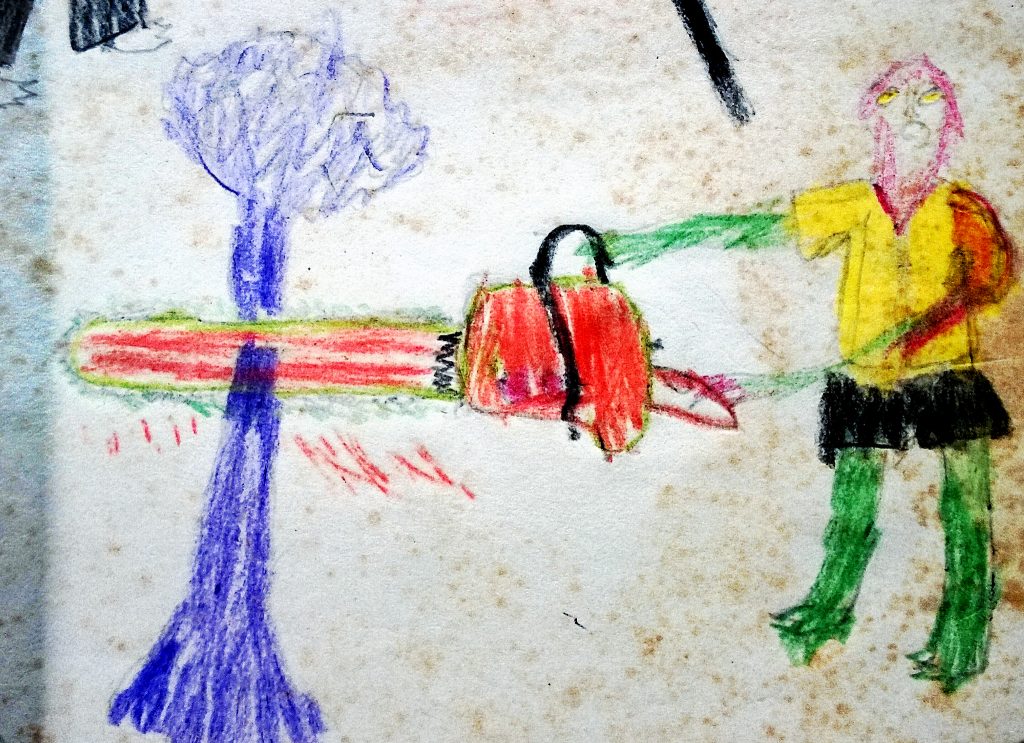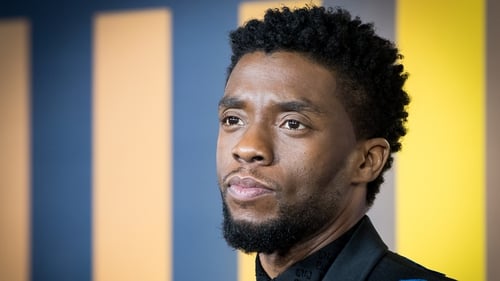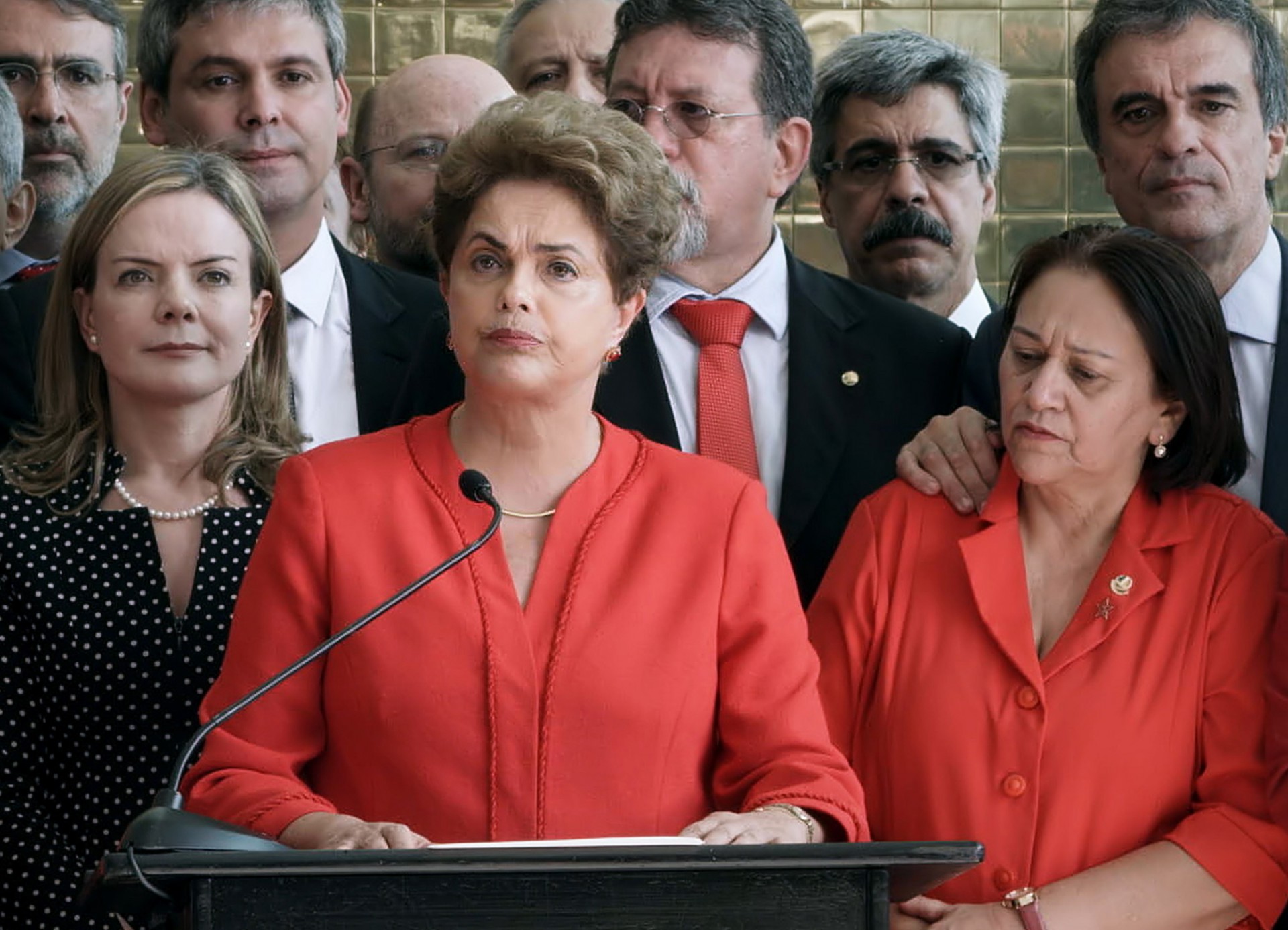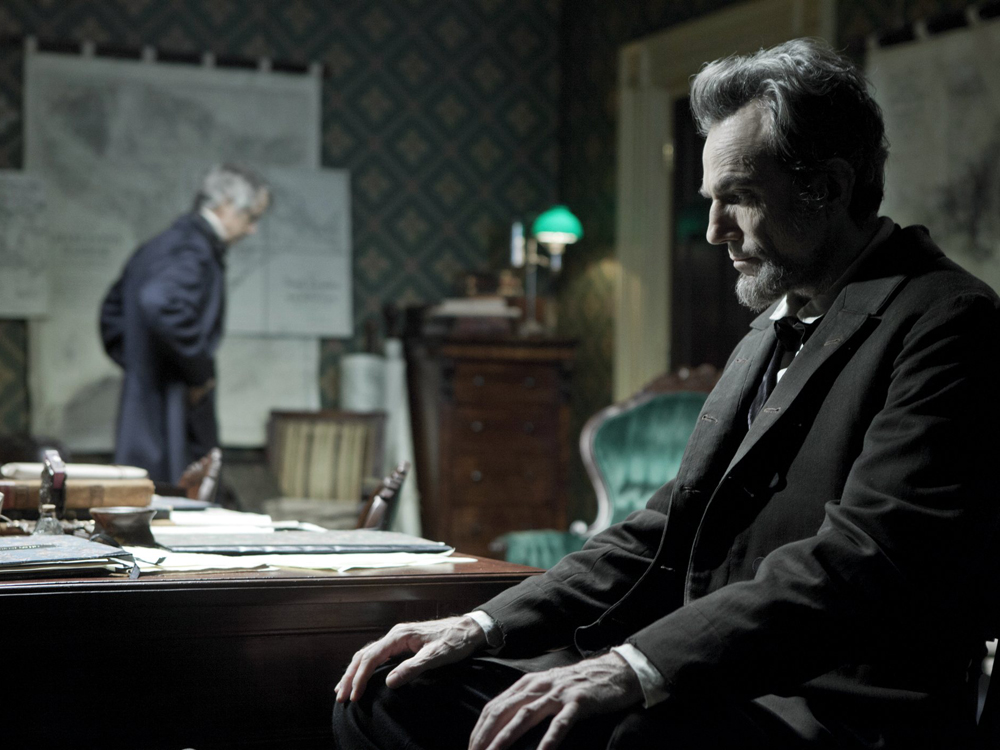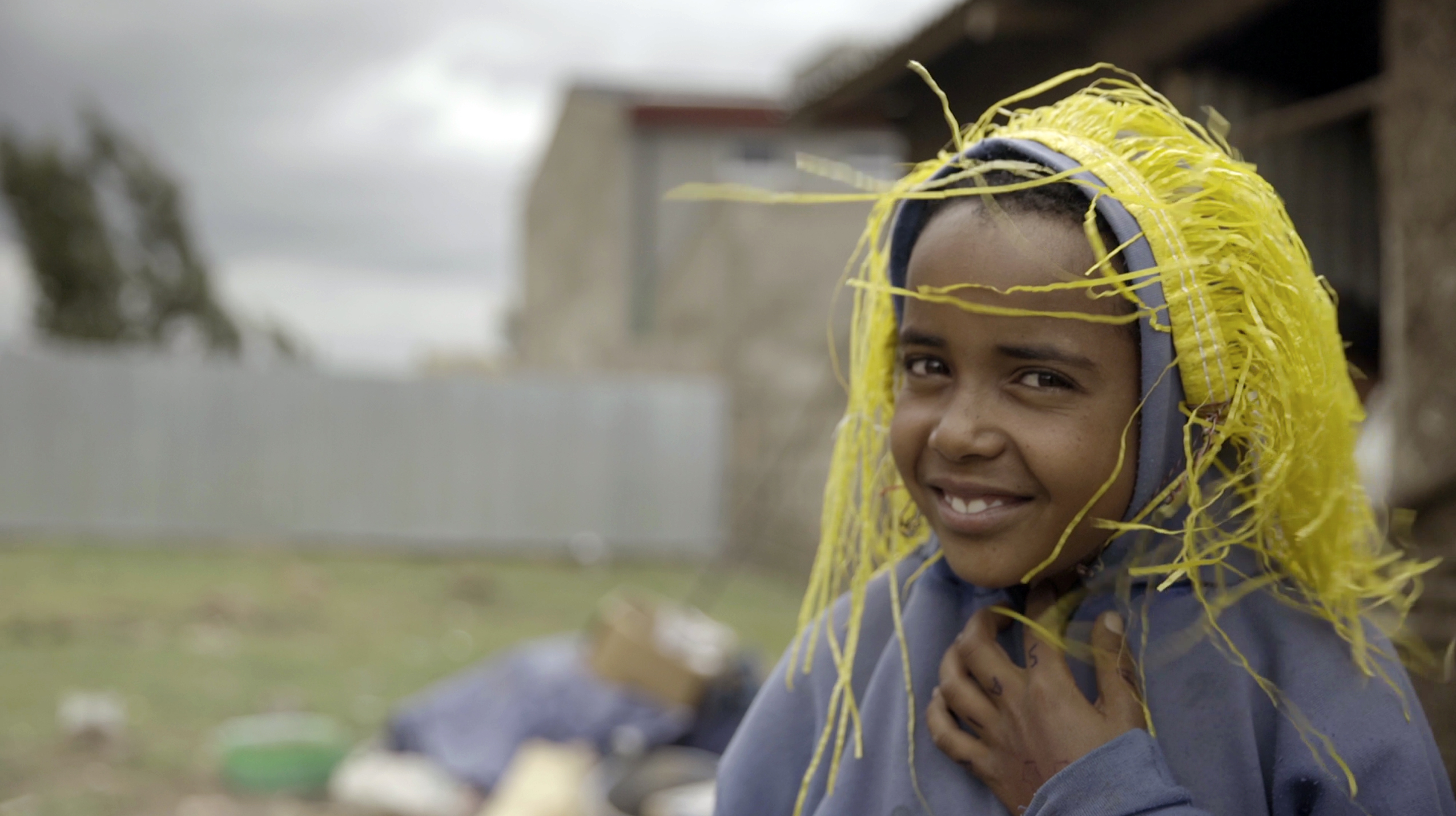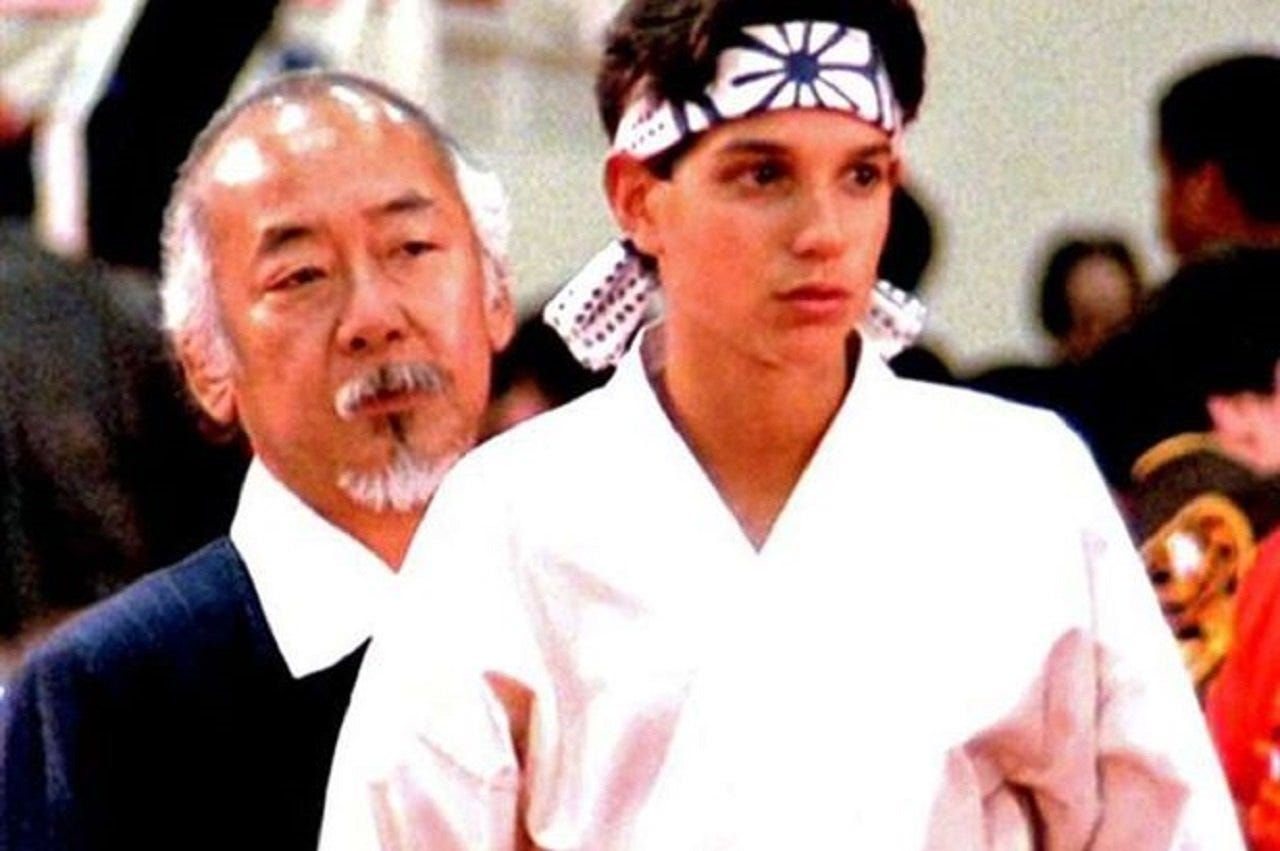It had to happen: in the middle of lockdown, with millions around the world becoming increasingly reliant on the video conferencing platform Zoom for any kind of social interaction, some enterprising sod went and made a horror movie over the video conferencing platform Zoom. That enterprising sod was the director Rob Savage, and together with his co-writers Gemma Hurley and Jed Shepherd, he's made a nifty technohorror, updating the point-and-click methods of 2010's Chatroom, 2014's Unfriended and 2018's Searching. What Team Savage must have realised very early on in lockdown is that, like all aspects of modern life that arrive tethered to a stock price, Zoom instils its own fears and insecurities. How do I look? What do my bookshelves say about me? What expression should I wear? What if I really, really need a pee mid-call? What do I say when it's just me and that friend-of-a-friend to whom I haven't been properly introduced? How much mindnumbing small talk do I have to sit through before we get onto the reason for the call? Host compounds all this built-in anxiety by having a group of six friends hold a seance that inevitably goes awry when the medium's wireless connection goes down, and the group succeeds in conjuring up a malevolent spirit; the idea is to ground that technohorror in the more traditional business of a film like Ouija and its sequel. (Oddly, this means that the dry coughs of coronavirus itself play a decidedly minor role in proceedings; it's a shot that's been shot in a wifi hotspot, but one at some remove from any at-risk areas. I guess you'd have to be to be even thinking about making a film in the current circumstances.)
The result has a roughness that works in its favour. British TV leapt into the lockdown fray by commissioning a sanitised-handful of short, shot-on-the-hoof dramas that gestured towards broadcast quality, without having the conditions in place to entirely polish them: social distancing meant they couldn't be filmed with the usual crew numbers, and there was no-one in the office to patch everything up in post. (Our television thus became a metaphor for our lives: we've had to accept a poorer quality than that to which we've been accustomed, knowing full well that the alternative is death.) Whether directed in or not, Host features the sound drops and awkward pauses that are part of the Zoom experience; it's not trying to be anything other than a faithful reproduction of a daily or weekly commonplace. (It lasts just under an hour, as per a typical chat session.) Within that limitation, the film demonstrates a certain narrative savvy, seeding the idea one participant might already have a ghost in her house, and that another is cohabiting with someone who's not wild about being there. If there's any profound wisdom to be gleaned from it, it's that we're all now trapped inside our own windows, unable to reach out and help (or be helped) as we might want. That understanding pulls Savage's film through some of its implausibilities - the fact no-one thinks to switch a light back on once the spirit kicks off, the fact one participant thinks it's wise to lug their laptop into the loft - if not quite past the distancing effect of watching a series of screens-within-a-screen, possibly on the screen of your own laptop. A film of its moment and for its moment: at the very least, you have to admire Team Savage's ability to get up and create anything in the present circumstances, let alone something with this degree of internal coherence.
Host is now streaming via Shudder.


